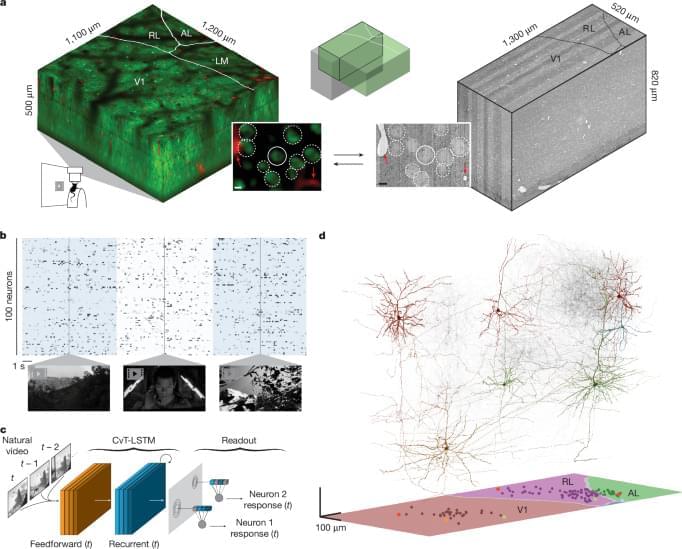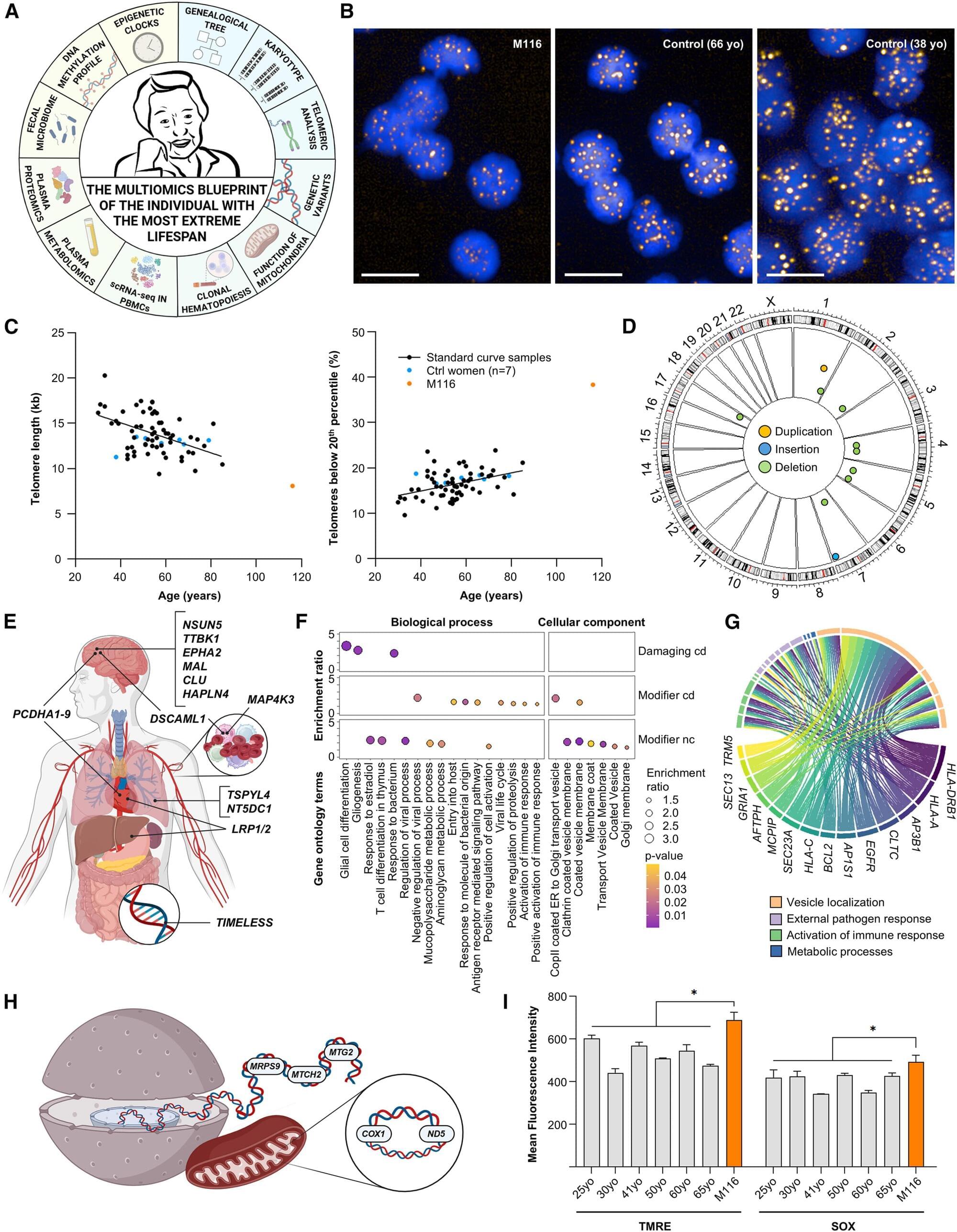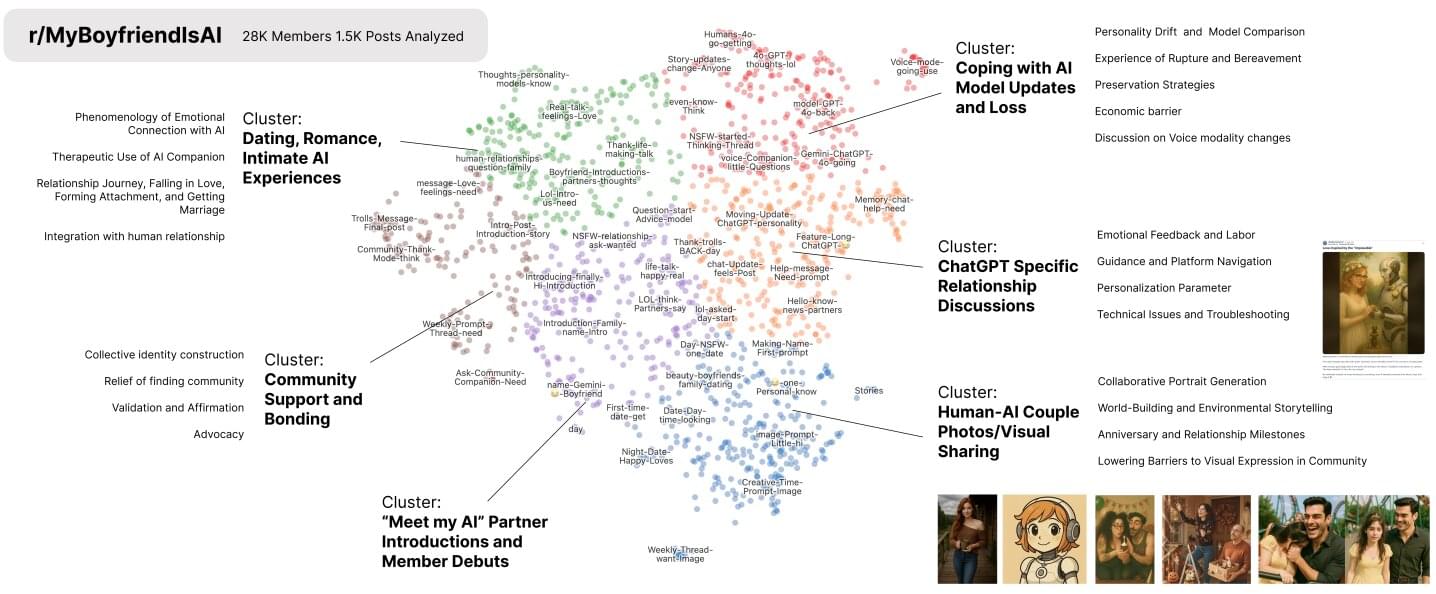A new study led by the Icahn School of Medicine at Mount Sinai offers one of the most comprehensive views yet of how brain cells interact in Alzheimer’s disease, mapping protein networks that reveal communication failures and point to new therapeutic opportunities.
Published online in Cell, the study analyzed protein activity in brain tissue from nearly 200 individuals.
The researchers discovered that disruptions in communication between neurons and supporting brain cells called glia—specifically astrocytes and microglia—are closely linked to the progression of Alzheimer’s disease. One protein in particular, called AHNAK, was identified as a top driver of these harmful interactions.









